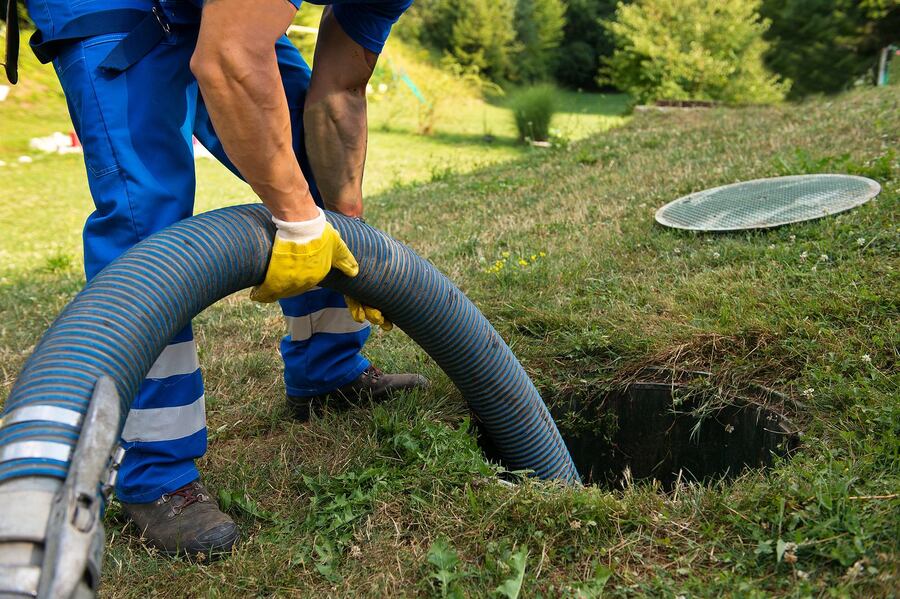
Heavy rainfall can pose significant challenges to septic systems, potentially leading to backups and other issues. Here’s how excessive rain can cause septic tank backups, and the steps homeowners can take to prevent and address these problems. Key services such as septic tank repair and maintenance by a reliable septic company like Rooter Septic Services are also discussed.
When there is a lot of rain, the ground surrounding the septic tank and drain field can become saturated. The soil's ability to absorb and filter wastewater diminishes when it is already full of water. This saturation can prevent the septic system from properly disposing of the effluent, leading to a backup.
Heavy rain can significantly increase the amount of water entering the septic system. This is especially true if there are issues with drainage around the home, such as gutters and downspouts directing water toward the drain field. The increased water load can overwhelm the system, leading to backups.
Septic systems are designed to handle a certain amount of wastewater daily. When excessive rain adds to the regular flow of water from household use, the system can experience hydraulic overload. This means the tank cannot process the incoming water quickly enough, causing it to back up into the home.
One of the most effective ways to prevent septic tank backups is regular septic tank pumping. Pumping removes the accumulated sludge and scum, ensuring that the tank has enough capacity to handle incoming wastewater. Most septic companies recommend pumping every 3 to 5 years, but this can vary based on usage and tank size.
Ensure that your home's drainage systems, such as gutters and downspouts, are directing water away from the septic system. Landscaping can also play a role in managing runoff water. Create swales or berms to divert water away from the drain field.
Regular inspections by a septic company can identify and address potential problems before they lead to backups. You should call Rooter Septic Services for a septic tank repair if any issues are detected, such as cracks or blockages.
During periods of heavy rain, try to minimize water usage in the home. Spread out activities such as laundry and dishwashing to avoid overwhelming the system.
If you are installing a new septic system, proper installation is crucial to avoid future issues. A professional septic company will ensure that the system is designed and installed according to local regulations and site conditions, taking into account factors like soil type and drainage patterns.
Heavy rain can indeed cause septic tank backups, primarily due to ground saturation, increased water flow, and hydraulic overload. Regular septic tank cleaning, proper drainage, and routine maintenance are crucial in preventing these issues. By understanding how rain affects your septic system and taking proactive steps, you can ensure your home remains safe and functional, even during the heaviest downpours.